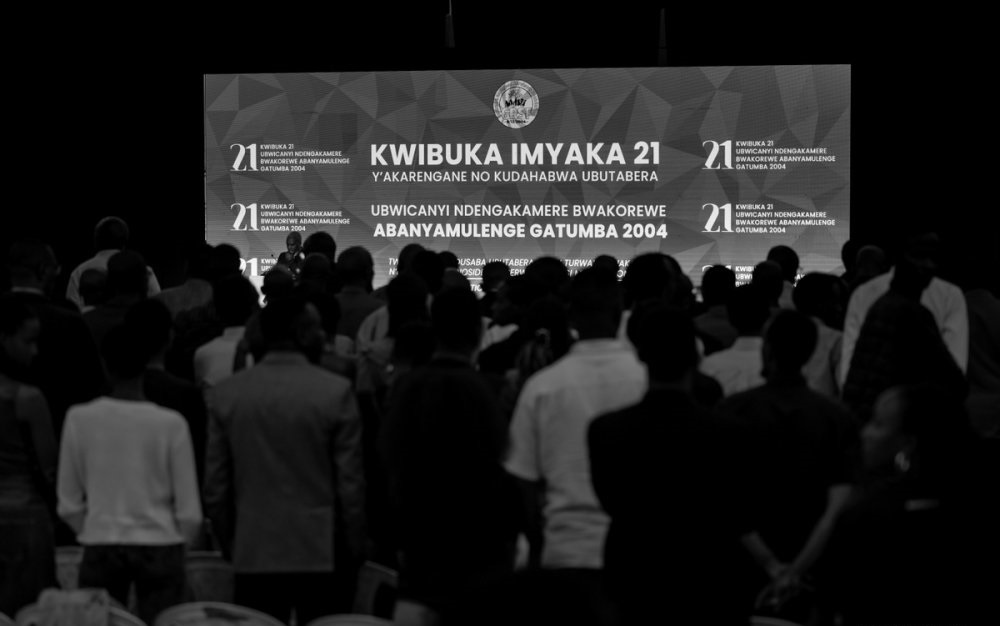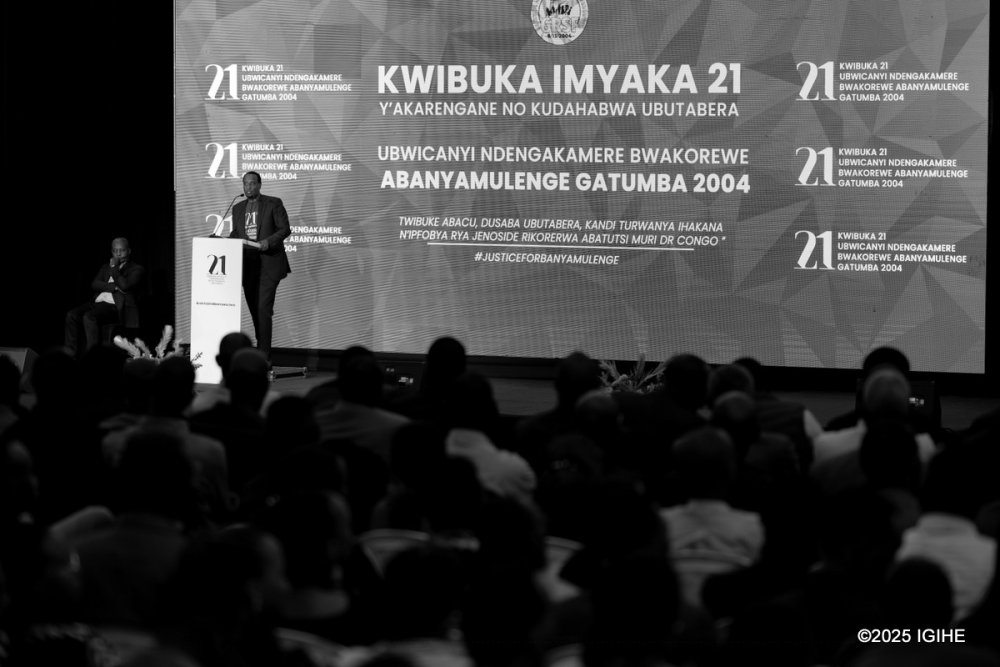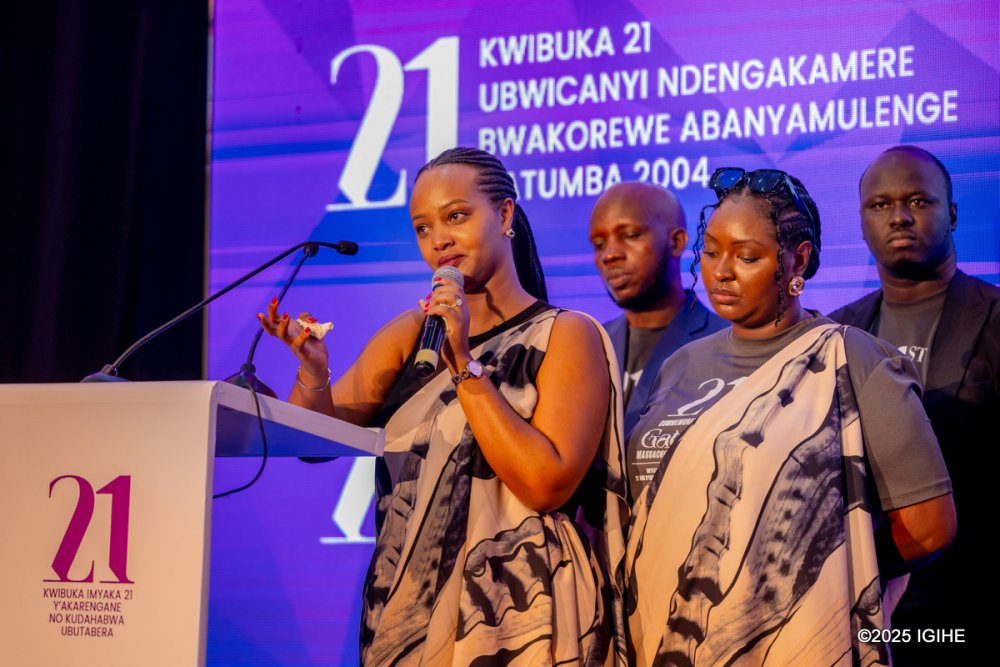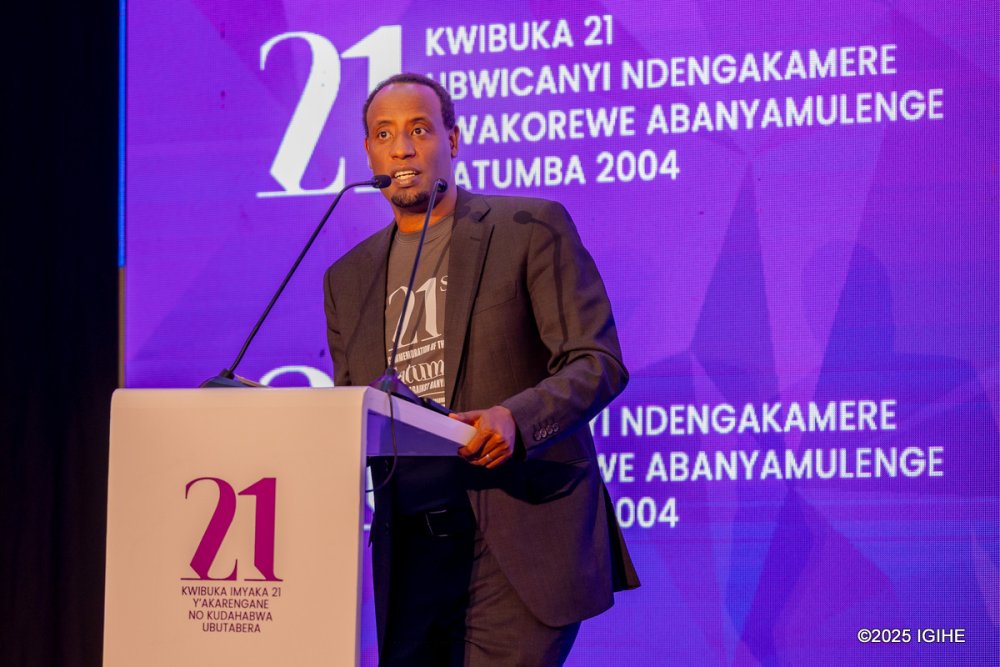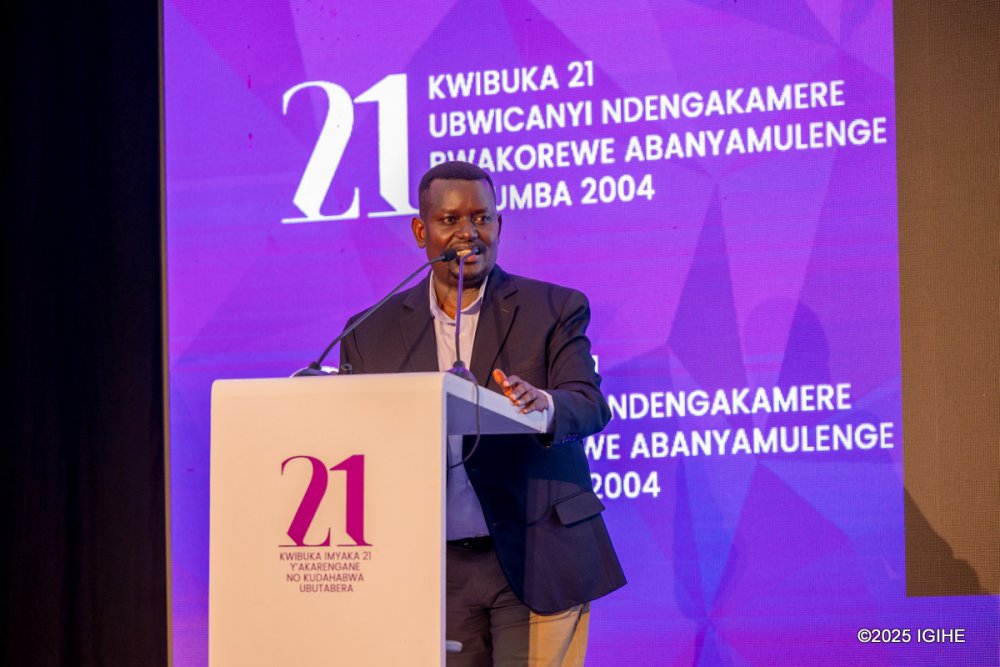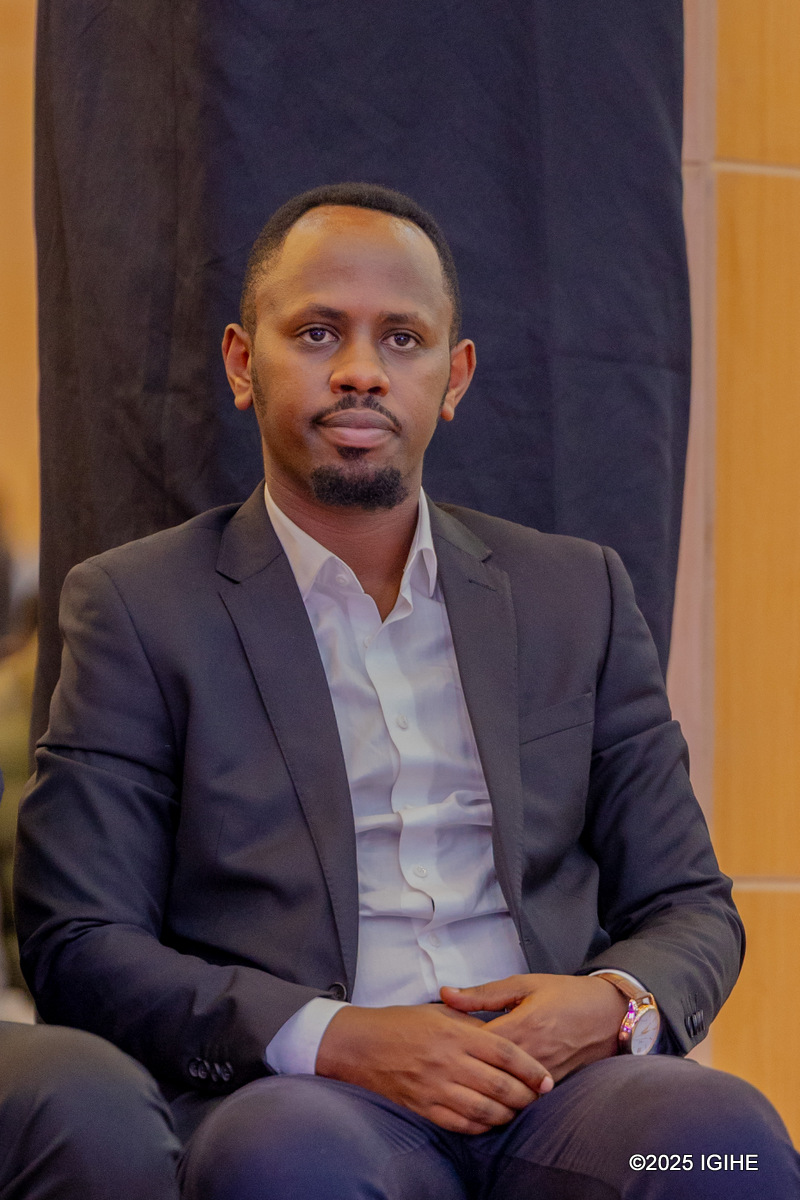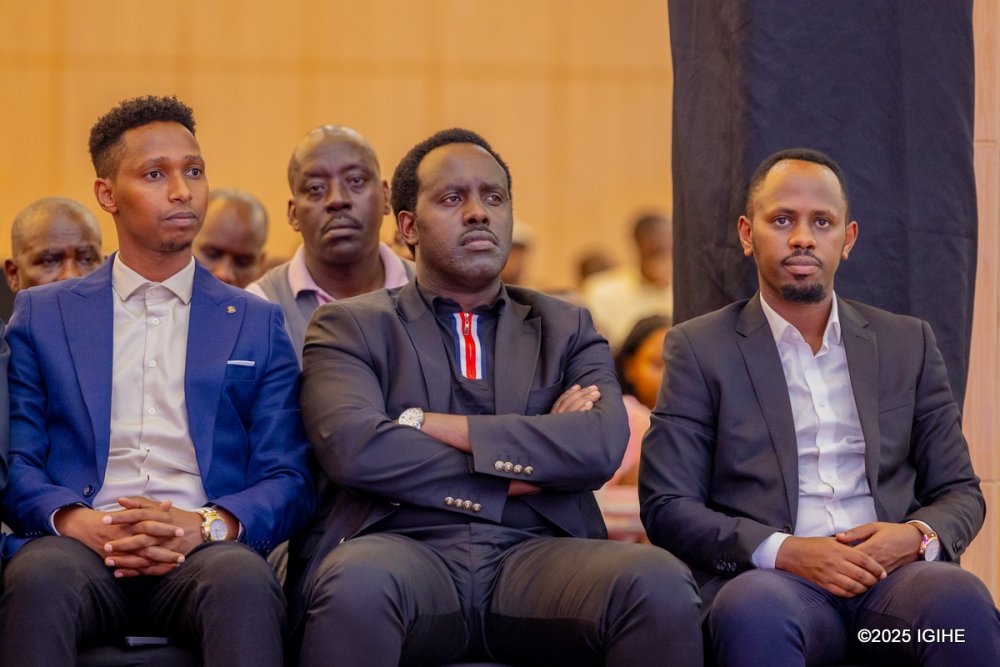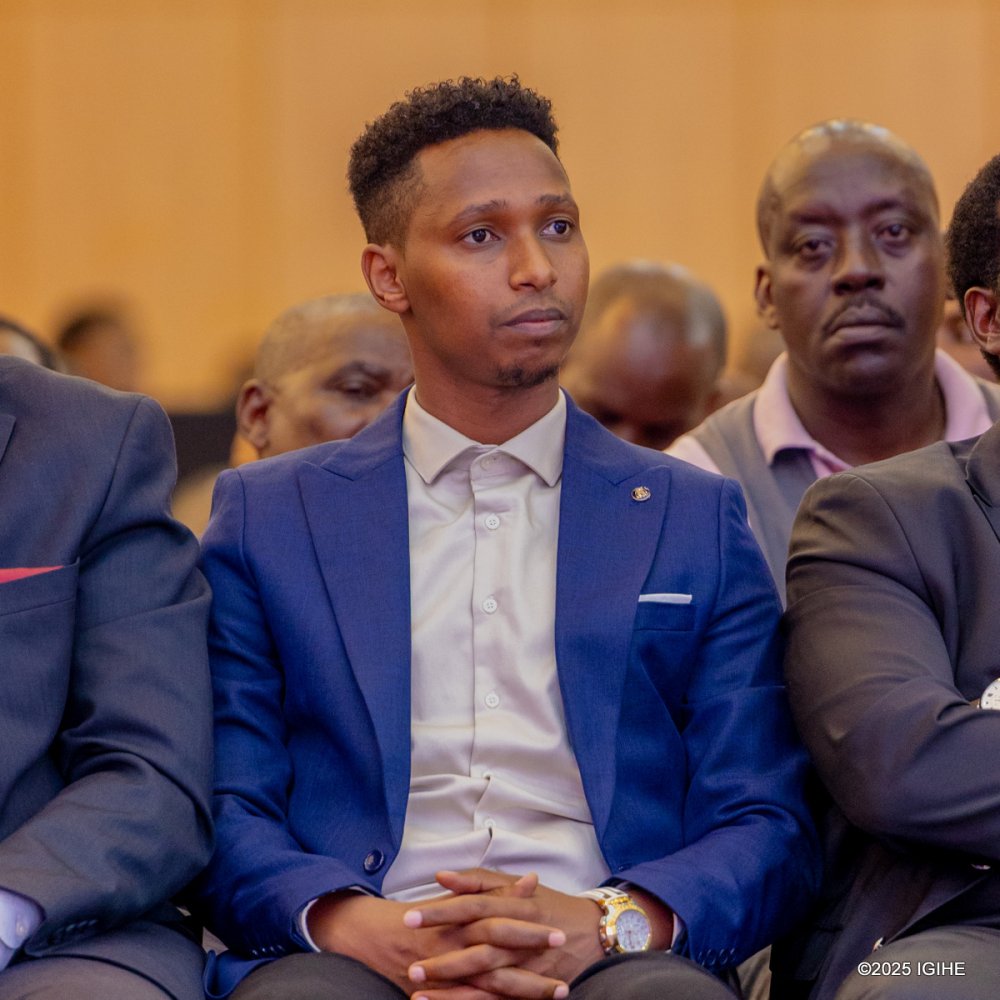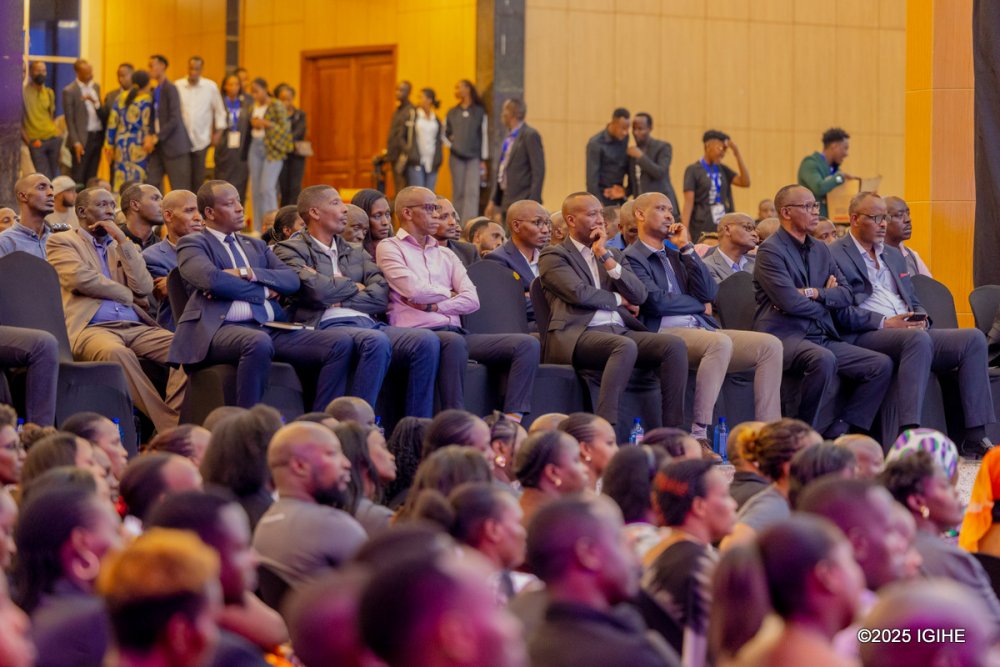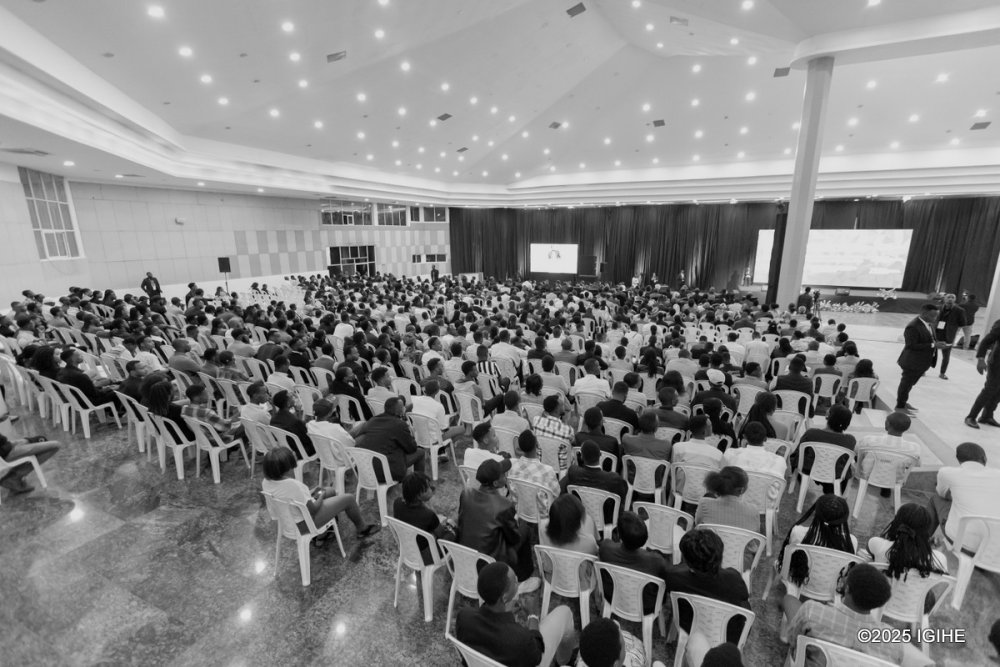The Banyamulenge community is still grieving 21 years after the tragic 2004 Gatumba massacre in Burundi. On that night, 166 people were killed in a planned attack on the Gatumba refugee camp by armed groups, including FNL-PALIPEHUTU and reportedly some Congolese soldiers.
Survivors and representatives from the Banyamulenge in Rwanda say the same forces that killed their families in 2004 continue to target them in their home communities in the Democratic Republic of Congo (DRC).
At a memorial event, the Coordination des Mutualités Banyamulenge emphasized the urgent need for justice. Their leader, Rutebuka Jules, said, “We went to Burundi to hold accountable those who admitted to committing these crimes, including Agathon Rwasa and Pasteur Habimana. They roam freely in Burundi while nothing is done. We filed complaints in the DRC as well, but no action was taken. Even some of the killers were Congolese soldiers.”
Rutebuka called on Burundi to deliver justice for those responsible and urged both countries to recognize the ongoing danger facing the Banyamulenge. “We need justice, especially from Burundi, to punish those who confessed to these murders,” he said.
Survivors argue that even now, the DRC government targets Banyamulenge and other Congolese who speak Kinyarwanda, simply because of their ethnicity. “They steal cattle, kill people, burn houses, and the killings continue,” Rutebuka explained. “We have shown the world what is happening. That is why we decided to defend ourselves rather than wait for others to act.”
Michel Gahakanyi, 22 at the time of the Gatumba attack, recalls the night vividly. “We were preparing to sleep when they stormed our camp. They knew exactly where the Banyamulenge were, as we had been separated from other refugees. They set fire to our tents and shot anyone trying to escape,” he said.
Gahakanyi’s sister was killed, and he narrowly survived as attackers burned and shot indiscriminately. Today, he insists that the Banyamulenge must defend themselves if no one else acts. “The same Burundians who killed us in 2004 are still targeting us under the Tshisekedi government,” he said. “We demand justice. If it is denied, we will continue to defend ourselves until we find peace.”
In recent years, the M23 movement allied with Twirwaneho and Congolese forces, further complicating the security situation. Rutebuka expressed sadness at seeing citizens of one country being used to kill the people of another. “They should stop killing us. Go back home and leave us in peace. Eventually, they too will be held accountable,” he added.
On July 27, 2024, Burundi authorities arrested Laurent Ruboneka Musabwa, a former Banyamulenge survivor leader and an official at the DRC embassy in Burundi. Musabwa had supported Banyamulenge refugees and other communities affected by violence.
Rutebuka criticized the arrest, highlighting a pattern of targeting community leaders. “This is not the first time refugees are taken to Kinshasa under suspicious circumstances. They are punished for being Banyamulenge or for having survived the massacres,” he said.
The Gatumba Refugees Survivors Foundation (GRSF) has filed complaints with the International Criminal Court (ICC) to hold perpetrators accountable. They also submitted cases in Burundi and DRC, but no concrete actions have followed.
Past agreements, like the 2006 Dar es Salaam ceasefire signed by former FNL members, granted immunity to perpetrators, further frustrating survivors. Me Nteziryayo Innocent, a lawyer representing GRSF, stressed that evidence has been submitted and courts have been notified, yet justice remains elusive. “We have followed every step, submitted documents to Burundi, DRC, and ICC. We will continue to demand accountability,” he said.
Survivors also expressed gratitude to Rwanda for offering a safe haven. “Rwanda has provided security and opportunity to live freely, but the DRC must understand that we deserve to return home safely,” Rutebuka said.
Historically, the Banyamulenge have been denied rights since colonial times. Mass killings started in the 1960s during the Mulele conflict and resurfaced in the 1990s. Between 2017 and today, violence by armed groups such as Mai-Mai, Red Tabara, and FNL PALIPEHUTU in South Kivu has escalated, including killings, arson, livestock theft, and assaults.
Gahakanyi said that these attacks are organized and systematic, leaving little doubt that the threat is deliberate. “They come from different regions with the intent to destroy us. That’s why we have to protect ourselves,” he said.
Rutebuka concluded by urging both Burundi and the DRC to act responsibly. “We only ask for peace. Let us live without fear. Stop these killings and allow us to rebuild our lives,” he said.
Even after more than two decades, the memory of Gatumba remains a haunting symbol of impunity and ethnic targeting. Survivors insist that they will continue to speak out and seek justice until accountability is achieved.
The story of the Banyamulenge is a stark reminder of how past atrocities can shape present realities. Without justice, cycles of violence continue, leaving generations in fear.
Today, as the world commemorates the Gatumba massacre, the Banyamulenge call on international bodies, regional governments, and communities to stand against injustice. Their plea is simple: recognition, justice, and peace.
For those seeking to understand or support, the story of Gatumba is not just history, it is a living testament to resilience, courage, and the relentless pursuit of justice.
